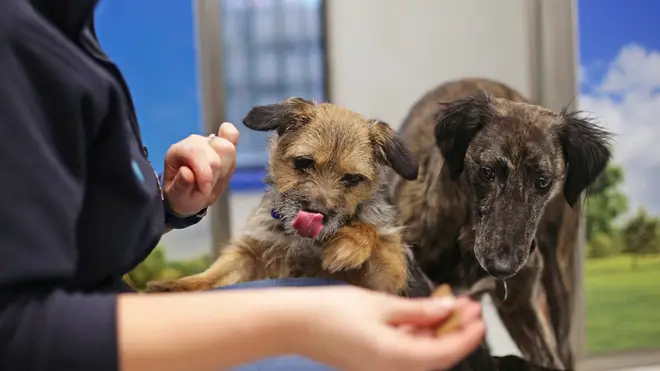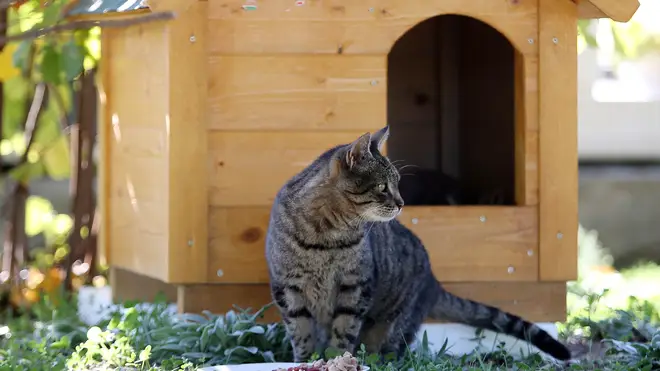
Oli Dugmore 4am - 7am
25 January 2021, 10:29

It may be necessary to vaccinate pet cats and dogs in the future to stop the virus spreading back to humans, scientists have said.
According to researchers based at the University of East Anglia (UEA), Norwich-based research facility the Earlham Institute and University of Minnesota, pets could need a jab as a "precaution" to reduce the risks of the virus spreading further.
It comes after it was already shown that the virus can spread between humans and animals when Denmark’s government culled millions of mink last year after it emerged hundreds of cases in the country were linked with variants in farmed mink.
Writing in Virulence, the scientists warned: "It is not unthinkable that vaccination of some domesticated animal species might... be necessary to curb the spread of the infection."
Cock van Oosterhout, professor of evolutionary genetics at UEA, warned: "It makes sense to develop vaccines for pets, for domestic animals, just as a precaution to reduce this risk.
"What we need to be as a human society, we really need to be prepared for any eventuality when it comes to Covid.
"I think the best way to do this is indeed consider development of vaccines for animals as well.
"Interestingly the Russians have already started to develop a vaccine for pets, which there's very little information about."

Kevin Tyler, editor-in-chief of Virulence, said: "Cats are asymptomatic but they are infected by it and they can infect humans with it.
"The risk is that, as long as there are these reservoirs, that it starts to pass as it did in the mink from animal to animal, and then starts to evolve animal-specific strains, but then they spill back into the human population and you end up essentially with a new virus which is related which causes the whole thing all over again."
He said that while mink were culled in Denmark, "if you were thinking about domestic animals, companion animals, then you might think about whether you could vaccinate to stop that from happening".
Read more: Boris Johnson set to give go-ahead on quarantine hotels for UK arrivals
Read more: £23 million funding given to councils to combat Covid misinformation

Professor Willie Weir on the Covid cat, the UK's first animal coronavirus case
"Continued virus evolution in reservoir animal hosts, followed by spillback events into susceptible human hosts, poses a significant long-term risk to public health,’ the scientists said.
"SARS-CoV-2 can infect a wide range of host species, including cats, dogs, mink and other wild and domesticated species and, hence, the vaccination of domesticated animals might be required to halt further virus evolution and spillback events.
"Whilst the vaccination campaigns against SARS-CoV-2/Covid-19 are being rolled out worldwide, new virus variants are likely to continue to evolve that have the potential to sweep through the human population."
They said the more transmissible virus strains, like the UK variant, require more people to be vaccinated to keep coronavirus under control.
"Vaccination against a viral pathogen with such high prevalence globally is without precedent and we, therefore, have found ourselves in uncharted waters,’ they wrote.
The scientists also added that governments must consider the continued use of Covid measures including masks and social distancing as the only way to reduce the spread of new variants of Covid-19.